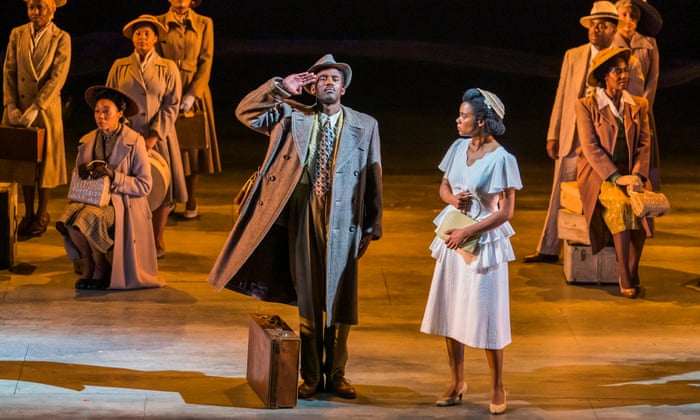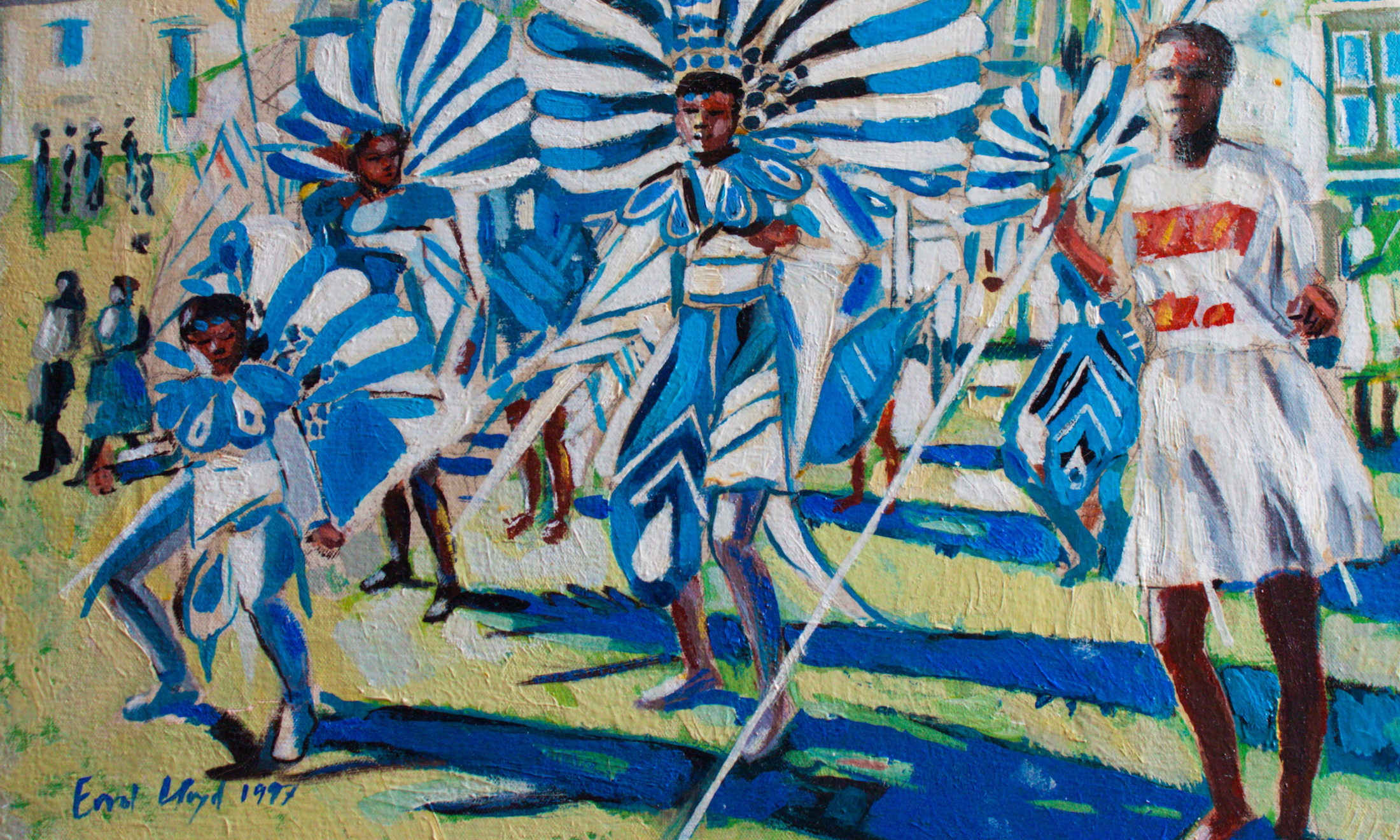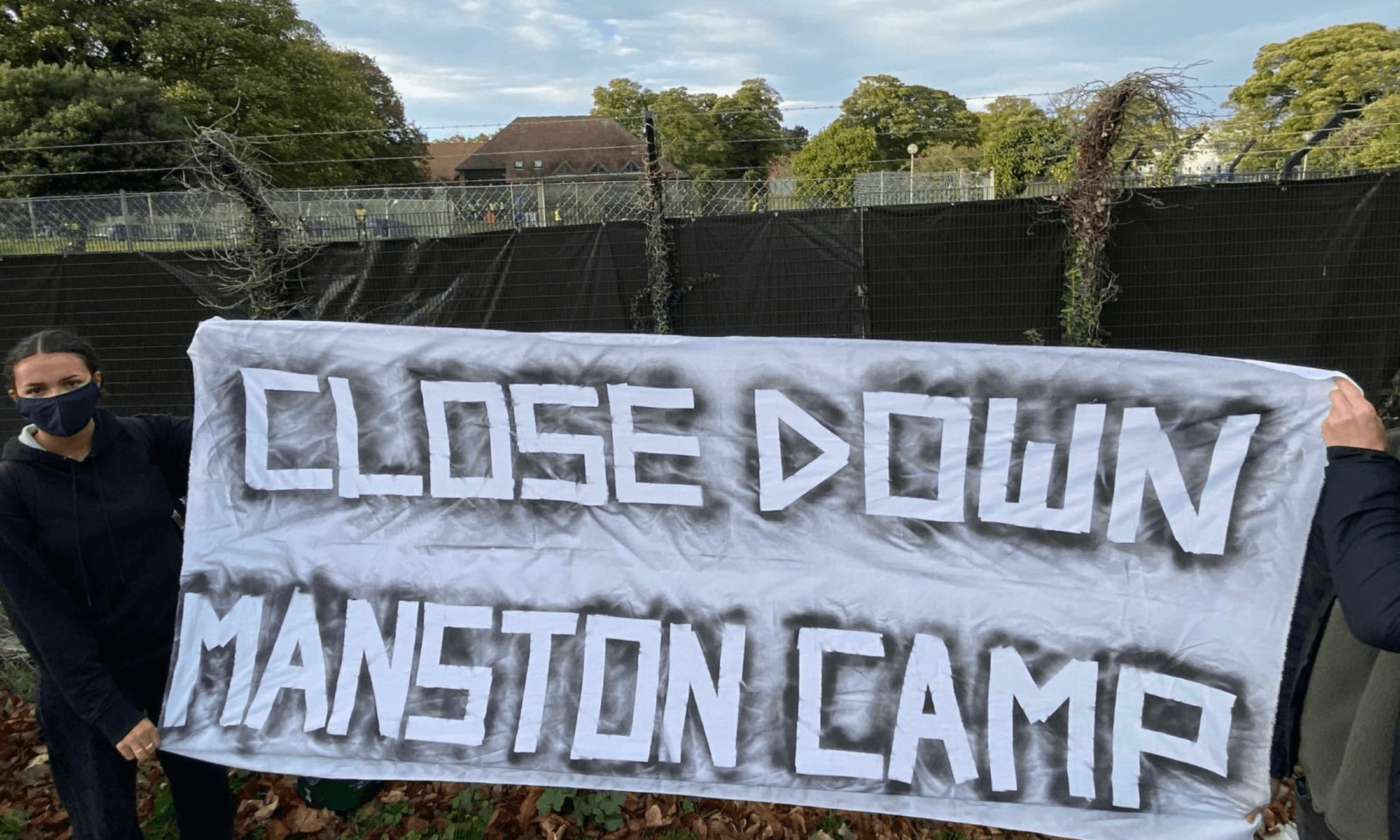
This is how to talk to your Caribbean grandparents about their Windrush immigration stories
Sharon Frazer-Carroll
03 Jun 2019
Photography by Brinkhoff-Moegenburg
For many people, one of their biggest regrets is not asking their older relatives more about their lives before they died. But for many of us with elders who migrated from the Caribbean to the UK as part of the Windrush generation, this is complicated by a sense that our relatives are particularly hesitant to divulge their past.
It’s not always easy to bridge the gap between our older relatives at the best of times. Generational differences can be a burden. Though some grandparents might be chill with whoever you want to date, your latest hairstyle and the fact that you’ve stopped going to church, others might struggle. While respecting that because of generational trauma we have to respect people’s emotions, as a psychodynamic counsellor I do believe we should try to connect with our pasts and explore our family histories.
According to poet Hannah Lowe, writing for the British Library, the late author Andrea Levy was able to write her masterpiece, Small Island, after breaking the silence with her mother about her migration story.
“The way I remember it, neither she nor my dad ever seemed to want to talk about their lives in Jamaica, or about why in 1948 they made the momentous decision to leave that island to come to another,” Andrea wrote in The Guardian in 2011. “Whatever the truth, that silence was finally breached and my mother, reluctantly, began to speak to me about her life before I was born. I was gripped from the start as those two familiar parents of mine began to emerge as fully rounded human beings with an amazing story to tell.”
Some of what is written here you will already know, it will feel instinctual. But we hope it is able to help you to start breaking the silence, bridging the gap, and collecting crucial stories about your family history before it’s too late. In Small Island, Andrea is able to reclaim the voices of the Windrush generation in a beautiful way, stretching a joyful, heartbreaking story from Jamaica to England and back again. It’s time for us to reclaim our stories too.
Starting the conversation
The key here is to build on naturally occurring situations. Spending time together is one of the most valuable things you can do in order to collect your family stories. Communication will be better where everybody feels at ease. and everyday situations will naturally give rise to questions and more fluid information flow.
Suggested questions: What music did you like to listen to growing up? Where and how did you learn to cook? What are your favourite foods? Have your eating habits changed over the course of your life?
Keeping the flow
You can show interest by asking questions, however, when relatives are in full swing, it can be more useful to avoid interruptions which may detract from the natural flow. In those instances, “encouragers” can be particularly useful. These can be non-verbal, such as head nods and facial expressions, or verbal exclamations, such as “really?”, or sounds like “hmm”. Laughter can be useful here too.
Suggested questions: Do you have any memories of your journey to the UK? What were your family relationships like? What school was like? Tell me about your friends and partners? What were her primary and teenage years like?
Factfinding
Enslaved ancestors, treated as property rather than people, were forced to forfeit their family names, were frequently moved around and were denied registration of birth and death. In addition, failing in memory, family secrets and lack of record keeping mean facts needed for the chronological understanding of our family stories are often missing. We can help build a richer understanding by remembering, for example, to ask about age, real and nicknames and place-names.
Suggested questions: Do you remember your own parents and grandparents? When and where were they born? Are there any records?
Reaching into the past
Collecting stories on our ancestors is crucial. The memories held by our elders encapsulate treasures going back decades and we can get a good insight into our family history from their memories of their own parents, grandparents and sometimes great-grandparents. In some cases, they may not have met the relative but will remember stories. Again, these offer valuable information on a rich history.
Suggested questions: What is the favourite story you know about your relatives? What were your parents’ personalities like? What do you know of their lives? What other adults were in your life growing up? Do pictures exist?
Tackling sensitive topics
Keep an eye out for sensitivities, but make sure they are your relatives and not yours. Sometimes we steer away from a subject because we find the topic difficult to talk about and we’re too busy taking care of our own needs to see that the person we’re talking to is pretty okay about the topic. However, it is important to be mindful of your relative’s emotions:
◙ Give some consideration to time and place
◙ Be prepared to leave a topic if it’s clear it’s causing distress
◙ Acknowledge their feelings – say things like: “that must have been really difficult for you”, “sounds like that’s still a very painful memory”, “I can see why this might have been hard to talk about”.
◙ Make sure you show your appreciation for the information shared and express why it’s important for you or later generations.
Connecting the dots
A lot of your journey could be about healing breaks and reconnecting. Consider developing a genogram or family tree. This is a good way to check details, identify gaps and co-opt other family members to help extend branches on their side. You can make rapid progress in a short time and connect the wider family on a common project. A variety of free tools exist online for the purpose and some of these connect to DNA testing sites like 23 and Me or Ancestry.
Small Island is playing at The National until 10 August









